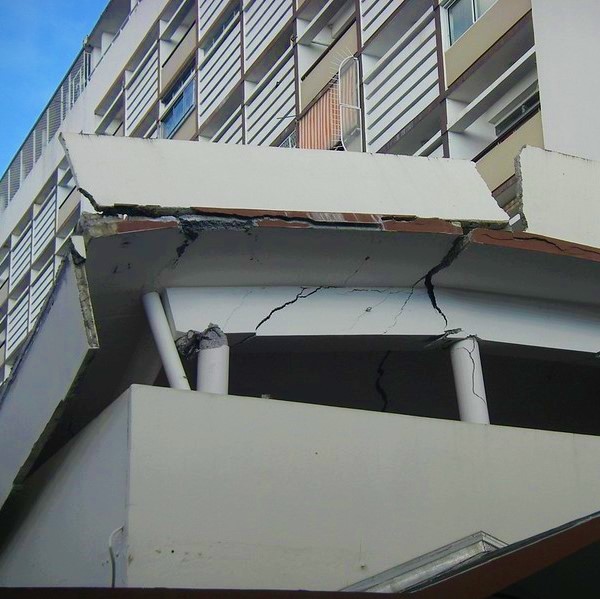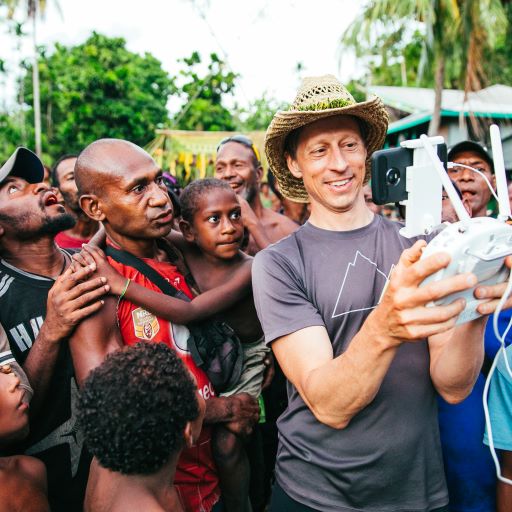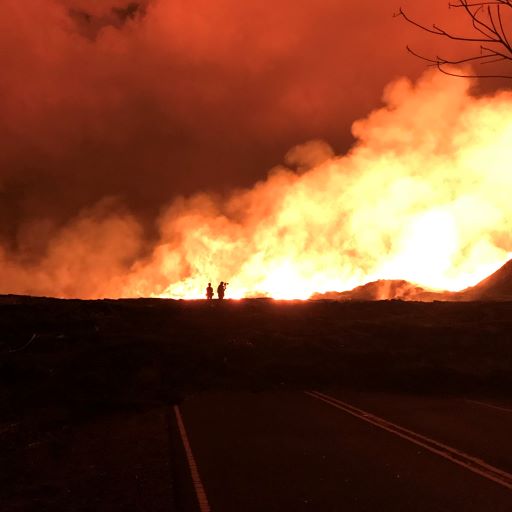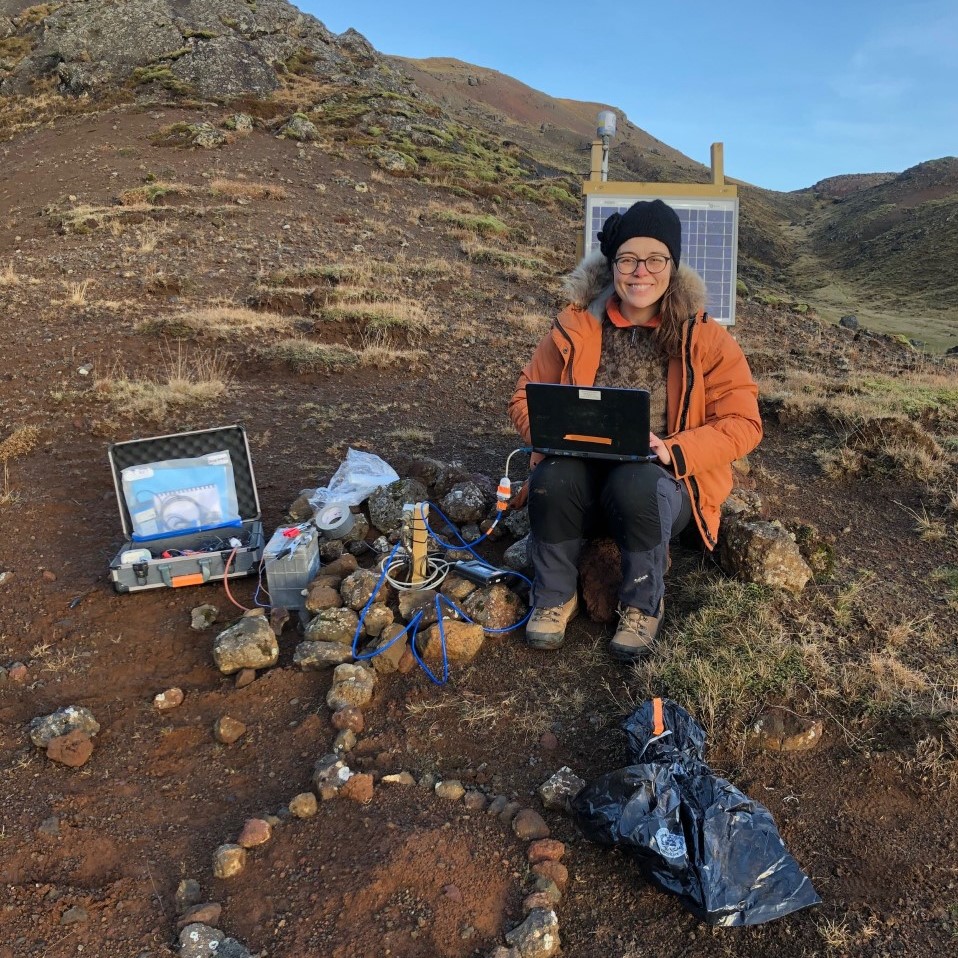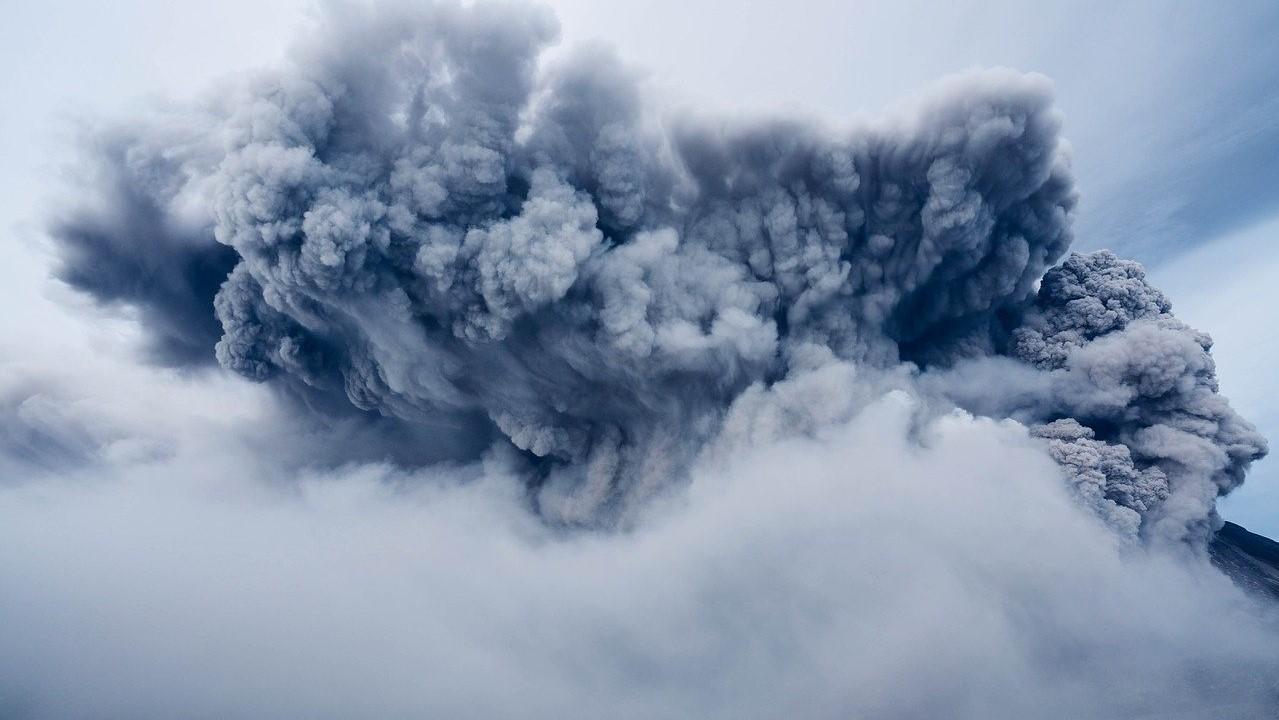
Understanding natural hazards and how they can impact communities is key to mitigating damage
Building community resilience to earthquakesCambridge Earth Sciences is one of the lead institutions behind Earthquakes without Frontiers, an international collaboration between natural science, social science and education to increase resilience to earthquakes in Asian countries, protecting lives and property. Read more here. |
|
Using drones to forecast volcanic eruptionsHow can drones help us forecast eruptions? Cambridge volcanologists have been using specially adapted drones to monitor the remote & hazardous volcano Manam, Papua New Guinea. Read more here. |
|
Tracking the risks of volcanic metal pollution to communitiesMetal pollution emitted from volcanoes can pose a significant risk to communities living in volcanic areas. Research from Cambridge volcanologists helps us understand the chemical risks of the Kīlauea 2018 eruption, and inform decisions to protect communities. Read more here. |
|
Educating the next generation of scientistsOur researchers have prepared a series of teaching activities, including hands-on experiments and online activities to help students explore volcanoes and earthquakes, as well as a series of profiles on what it means to be a Volcano Seismologist. Find teaching resources here.
|

